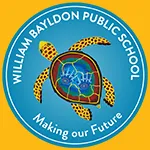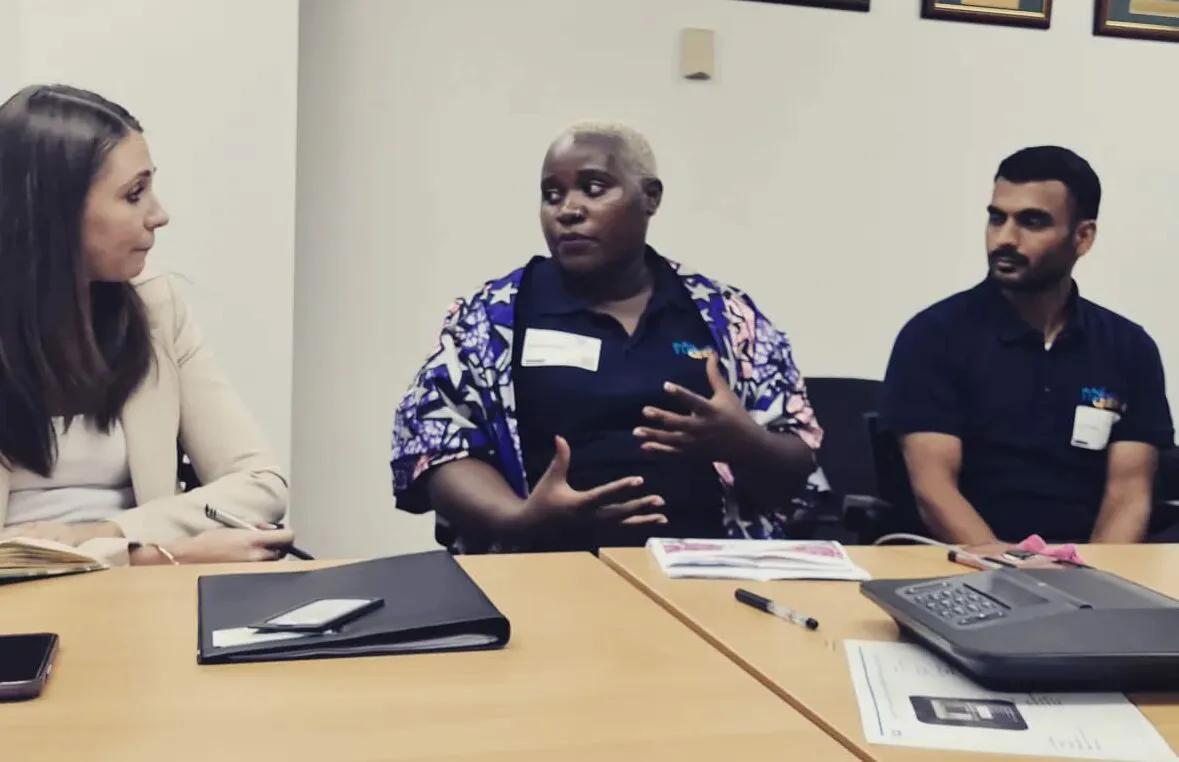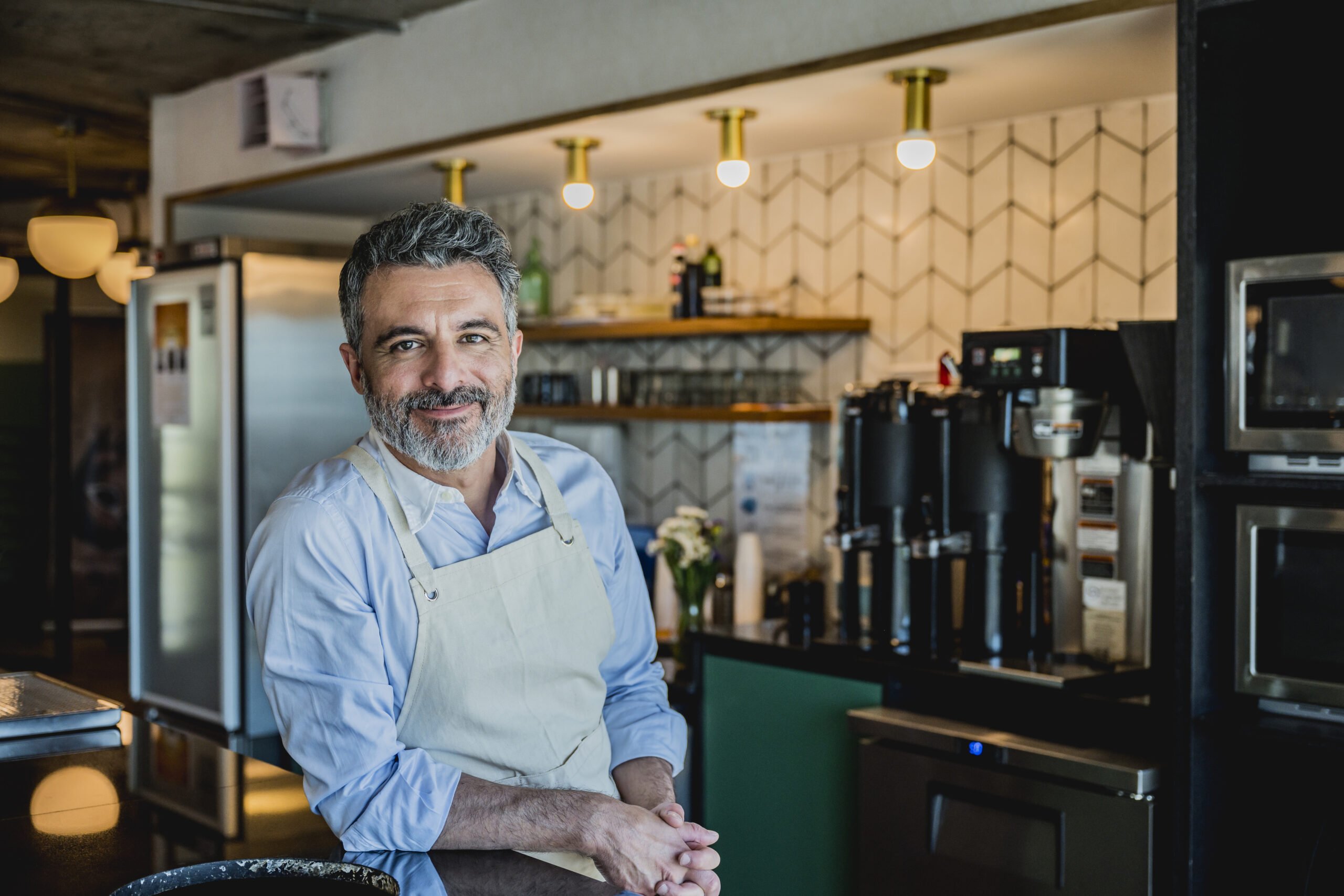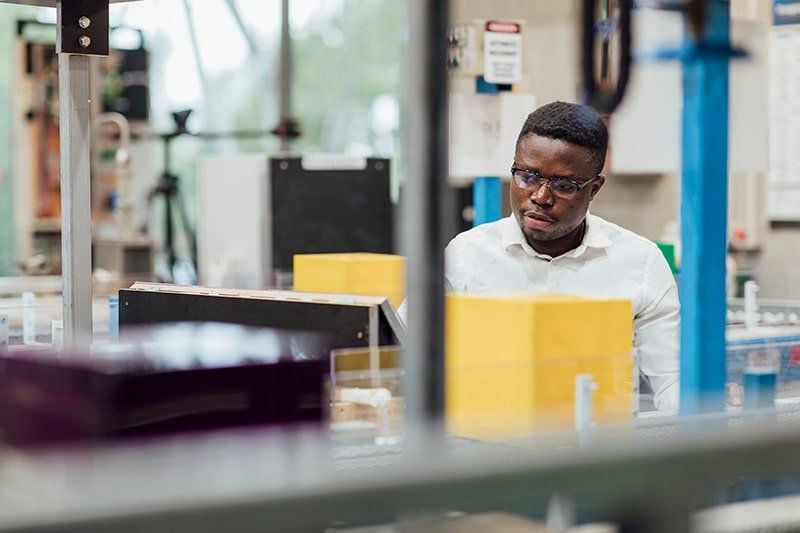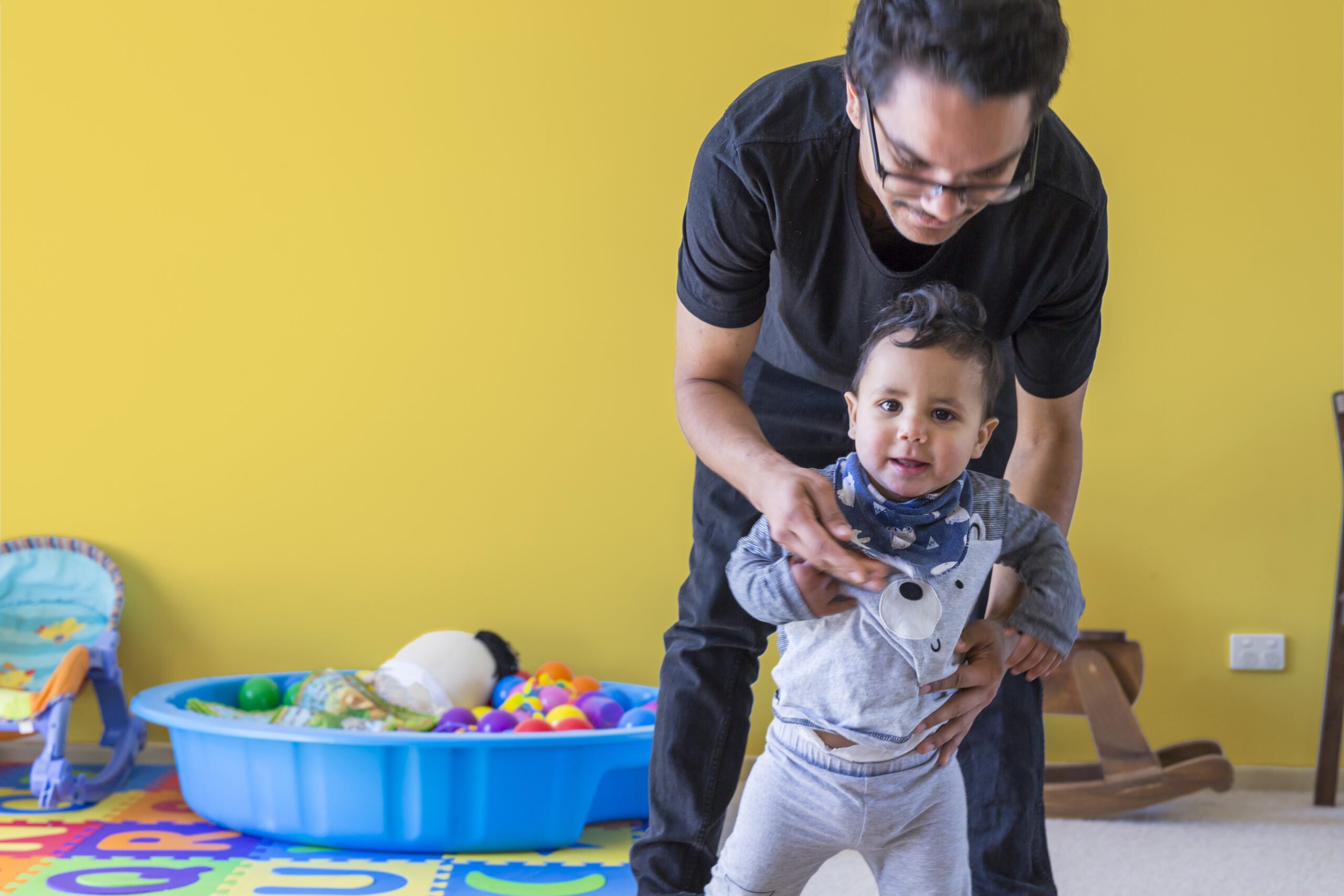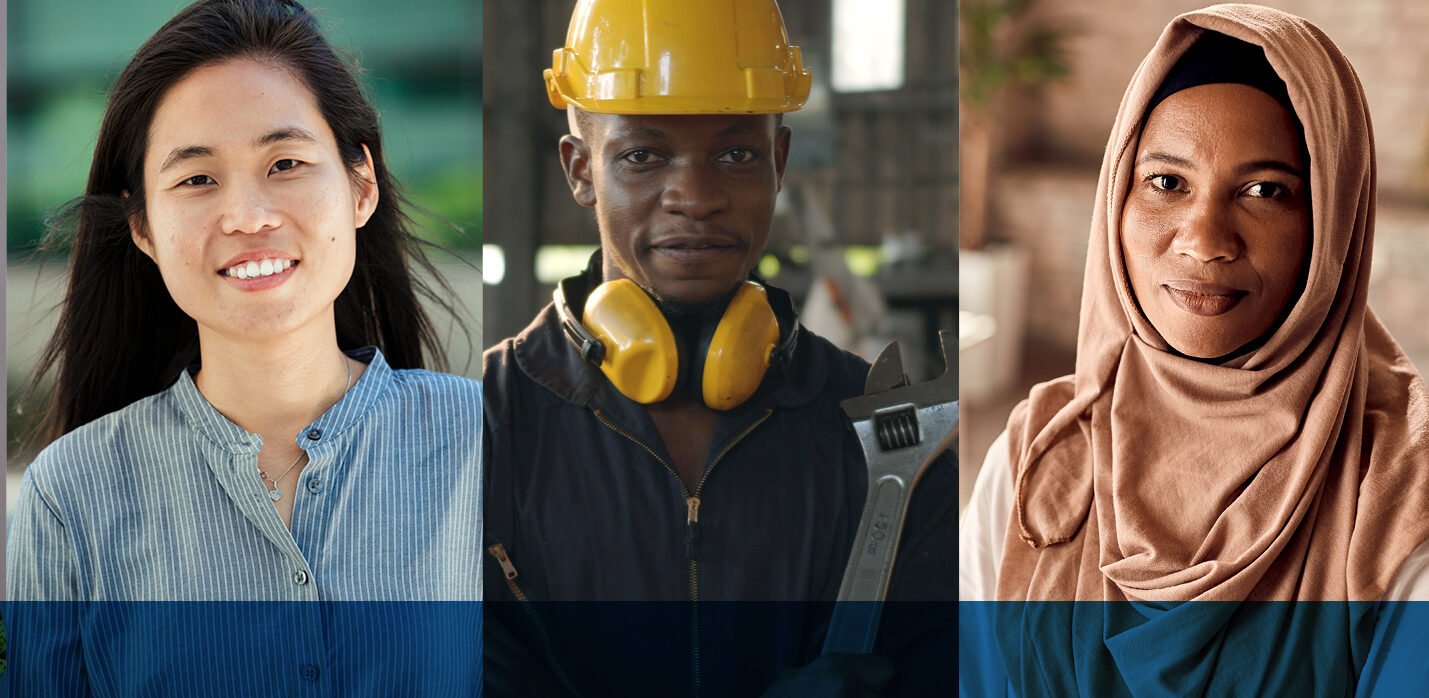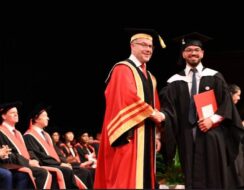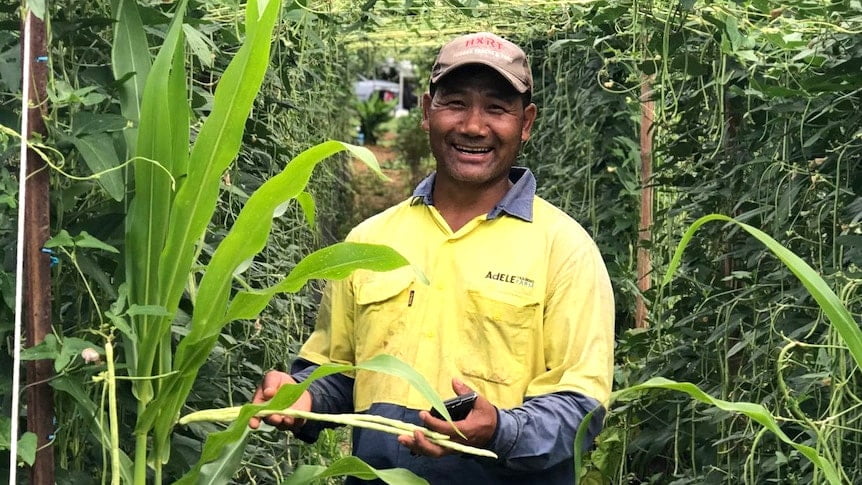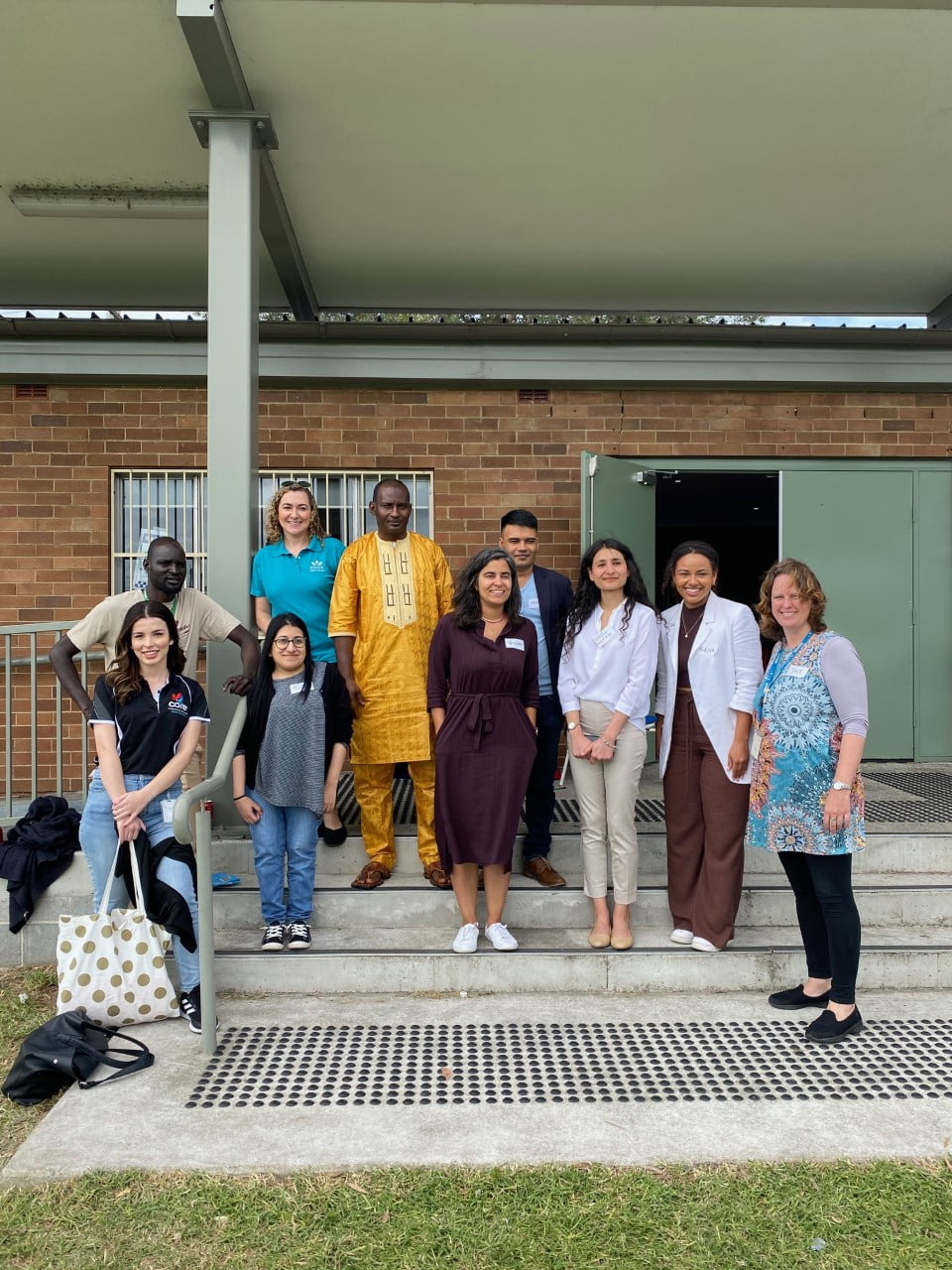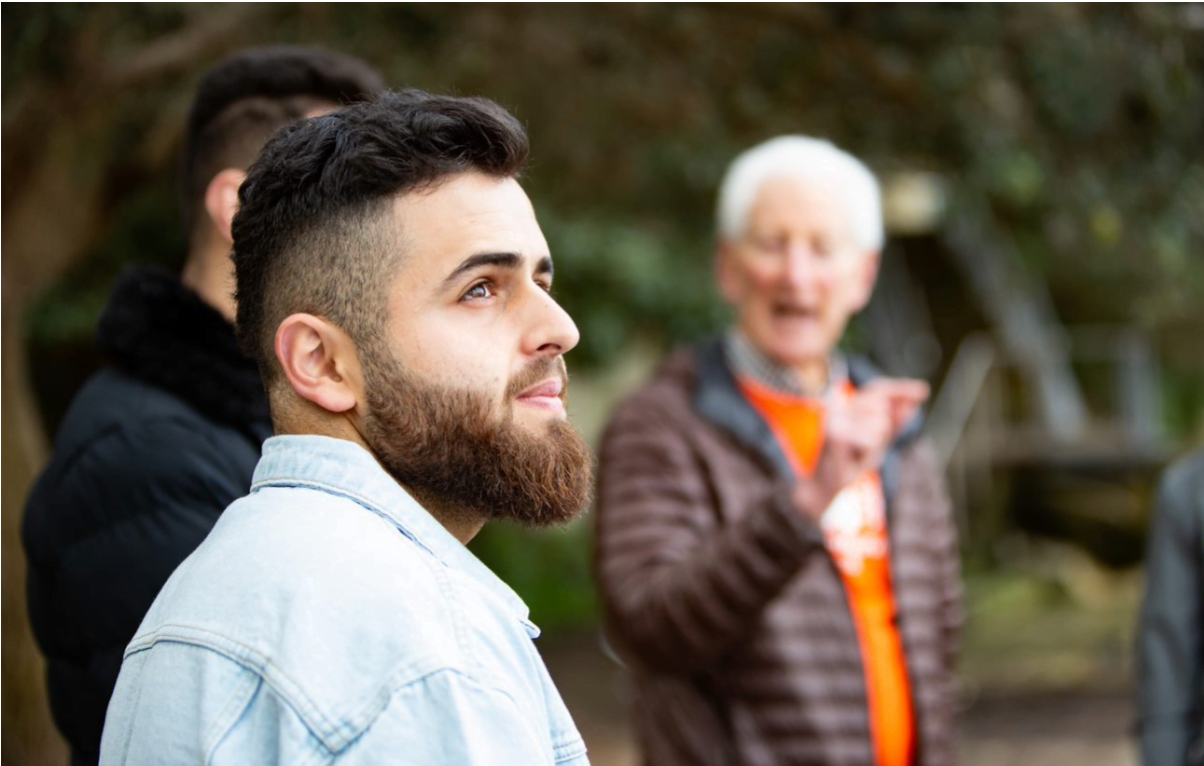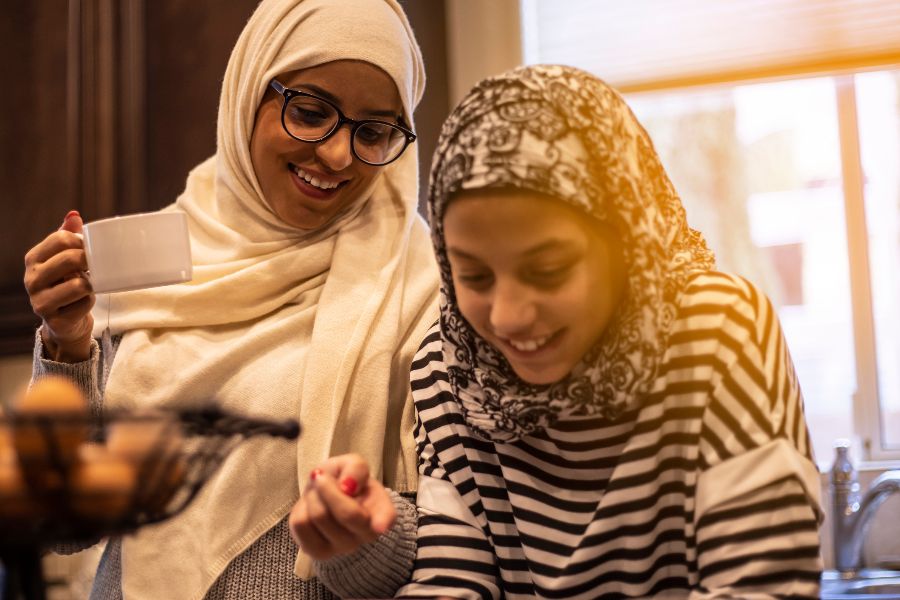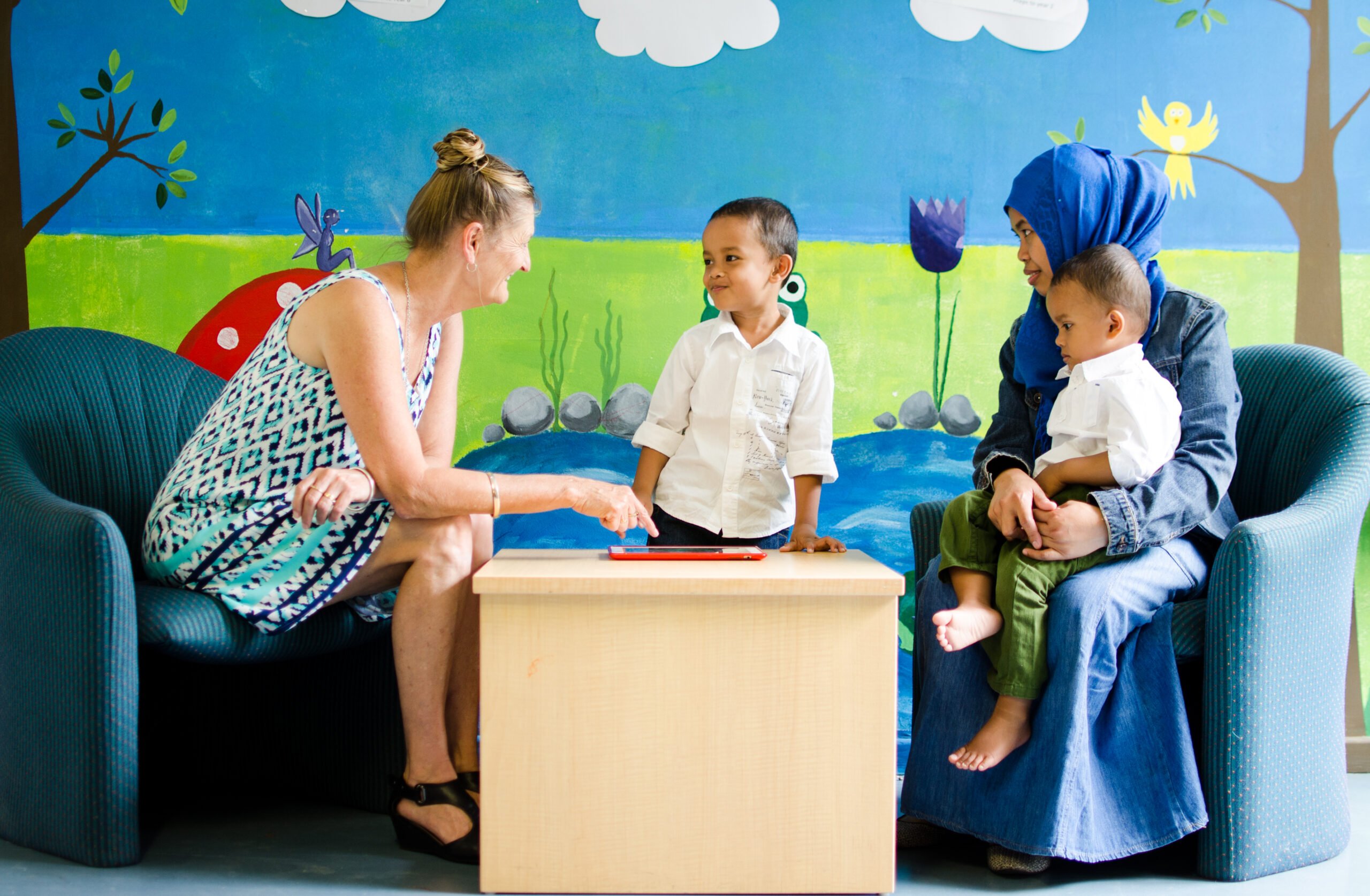About MyQ
Young people deserve a say in the decisions that affect their lives and shape their communities. Multicultural Youth Queensland (MyQ) helps to empower young people from culturally diverse backgrounds to influence government policy and programs and to create better outcomes for themselves and their peers.
MyQ is the Queensland arm of MYAN Australia, the national youth peak for young people from migrant and refugee backgrounds. Its goals include strengthening youth leadership, providing platforms of youth-led decision-making and influencing the policy impacting young people.
How we help



Get in touch
MyQ is located at SSI Gateway
91 Wembley Road, Logan Central, QLD 4114
P: 0401 049 296
E: admin@myq.org.au
W: www.myq.org.au
The Federal Government’s Community Support Program (CSP) aims to help people applying for humanitarian visas (CSP visa) to settle in Australia. Australian businesses, families and individuals can offer employment through the scheme, and community organisations can offer settlement support.
As an Approved Proposing Organisation (APO) under the program, SSI can propose individuals in humanitarian situations overseas to take part in the Community Support Program in Australia. Our goal is to support potential humanitarian applicants who have eligible supporters for successful resettlement in Australia. We aim for them to become financially independent and have meaningful lives in Australia within a year of their arrival.
How we help



Expression of Interest (EOI)
Kindly note that SSI has reached capacity for this program. We will not be accepting new applications under the Community Support (CSP) Program.
For further information on the Community Support Program, please visit the Department of Home Affairs.
About Workforce Australia Local Jobs
The impact of the COVID-19 pandemic on people’s lives can be long-lasting. The federal government’s Workforce Australia Local Jobs program aims to reskill, upskill and develop employment pathways that assist people to move back into jobs as the economy recovers
SSI provides job coordinator services under the program across the Sydney South-West, Gold Coast and Wivenhoe regions in New South Wales and Queensland. We connect employers and training providers with job seekers.
How we help



Get in touch – for employers and employment service providers
If you are an employer or employment service provider interested in learning more about how Workforce Australia Local Jobs can support you, please contact the relevant job coordinator:

Jodi Brackenbury – Gold Coast region
M: 0474 774 007
E: Jodi.brackenbury@localjobsprogram.org.au
Jodi is a perceptive and visionary leader with an eye for opportunity. With over 25 years of experience within the Employment, Training and Community sector, Jodi offers high level negotiation skills and solution-based strategies for internal and external stakeholders within the Employment and Education sector. With a passion for empowering people, changing lives and giving back to the community, Jodi is dedicated to supporting people to overcome barriers and provide opportunity for social and economic participation.
Join the Gold Coast Local Jobs Communities on social media:
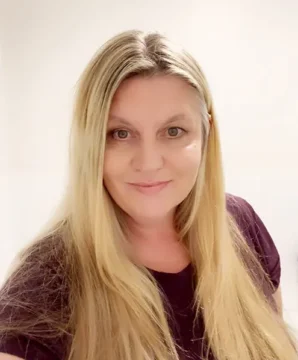
Natalie Whitton – Sydney South West region
M: 0401 373 746
E: natalie.whitton@localjobsprogram.org.au
Natalie has over 23 years of experience within the employment services industry and four years in management. During this time, Natalie has built positive relationships with employers, training organisations, community providers and government organisations. Natalie is enthusiastic about supporting people to achieve their goals. She has spent 23 years working in the Sydney South West region.
Join the Sydney South West Local Jobs communities on social media:
Local Jobs Sydney South West Facebook Group
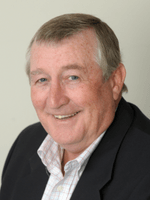
John Perry – Wivenhoe region
M: 0418 719 795
E: john.perry@localjobsprogram.org.au
John has decades of experience in building successful projects and teams in the employment, education and training sector. He has an unmatched knowledge and understanding of this sector and how economic and labour market conditions of the day impact businesses, communities and people. John’s approach to the Local Jobs Program is to understand the staffing needs of business and to work with the employment services provider network to best prepare unemployed people to meet the requirements of these opportunities in a sustainable way.
Join the Wivenhoe Local Jobs community on social media:
Join our communities on social media
Get in touch – for job seekers
Eligible job seekers on a jobactive, New Employment Services Trial or Transition to Work caseload may be able to participate in the Workforce Australia Local Jobs program. Please contact your employment service provider to be referred to one of our job coordinators.
Workforce Australia Local Jobs Program is funded by the Australian Government Department of Employment and Workplace Relations. The Employment Facilitators support the delivery of the program across 51 Employment Regions.
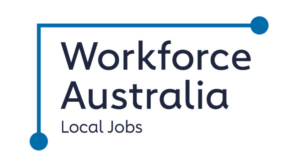
About Families and Early Years Program
Families and Early Years Program is proud to partner with Metro South Health to deliver a community-based antenatal service for eligible newly arrived, refugee, and migrant women living in Logan, Queensland.
The service is facilitated by the SSI Gateway and aims to improve birthing outcomes for babies born in Logan. Evidence shows that a woman who receives care from a Midwife throughout the duration of pregnancy and birth is more likely to have a normal birth of a healthy baby at term, have a more positive experience of labour and birth, be more satisfied with her care, and successfully breastfeed.
We work closely with Midwives to provide wrap-around support to women and families by linking them in with internal and external services for housing, employment, health and financial wellbeing support.
In addition, the Family and early years program includes:



Get in touch
If you would like more information, please speak with your GP about a Families and Early Years Program referral or email acsl.gatewayofficer@ssi.org.au.
SSI Gateway
91 Wembley Road Logan Central, QLD
Monday – Friday 8:30am – 4:30pm
Phone: 07 3412 8222
About SSI Allianz Scholarship Program
People with refugee and asylum seeker backgrounds can face considerable barriers to participating in Australia’s education system. Supported by financial services company Allianz and other donors, the SSI Allianz Scholarship program aims to make things a little easier.
Through the program, we provide one-off scholarships to students preparing to undertake study or have their existing skills recognised in New South Wales, Queensland or Victoria.
How we help



Applications for the 2026 academic year are now closed.
Eligibility criteria
To be successful for support, applicants must:
- Be from a refugee or asylum seeker background on the listed visa numbers: 117, 200, 201, 202, 203, 204, 449, 786, 790, 842, 851, 866. Applicants on bridging, SHEV 790 or TPV 785, are also eligible to apply but must consider individual circumstances regarding visa obligations and any potential impact on other sources of income.
- Have been living in Australia for five years or less (from and including 2020). The five-year country entry limit does not apply to 851, bridging, TPV 785 or SHEV 790 visa holders.
- Reside and study in NSW, QLD or VIC.
- Meet eligibility criteria specific to each scholarship category (see application forms for more details).
- Not have previously received an SSI Allianz scholarship.
*No more than one scholarship will be awarded to each immediate family in the same household per year.
*People living with disability who meet the criteria are encouraged to apply.
What scholarships are available for 2026?
In 2026, the SSI Allianz Refugee Education Scholarships will provide financial support across a range of study pathways, helping students from refugee backgrounds reach their education and career goals:
- 10 x Secondary School Scholarships – $500 each
- 8 x Vocational Education & Training (VET) Scholarships – $2,000 each
- 6 x Skills Recognition Scholarships – $4,000 each
- 8 x University Scholarships – $4,000 each
- General Stream: open to all fields of study and career pathways
- Resilience Stream: for applicants pursuing careers that promote environmental or social resilience
The number of university scholarships in each stream will be determined based on applications received.
Key dates
Applications open: October 17th 2025
Applications close: 5pm November 21st 2025
Notification of outcome for: Secondary, Skills Recognition and Vocational Education & Training: Applicants notified late January 2026
Notification of application outcome for the University category: Late-January / February 2026
Successful Secondary, Vocational Education & Training, Skills & Qualification Recognition receive funding: Late-January / February 2026
Successful University applicants receive funding: February / March 2026 (confirmation of enrolment must be received)
Scholarship Ceremony: Mid-2026
Additional resources
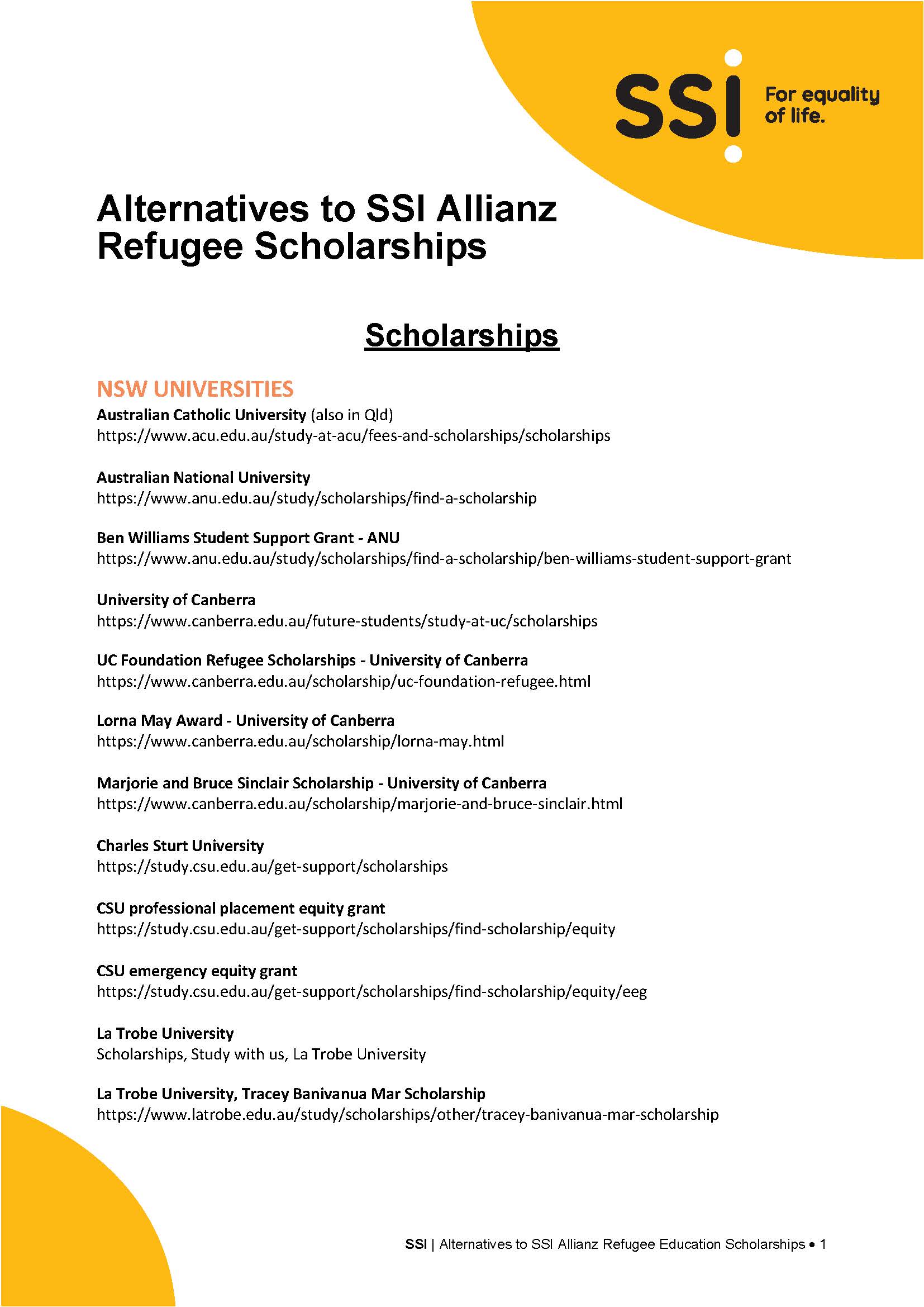
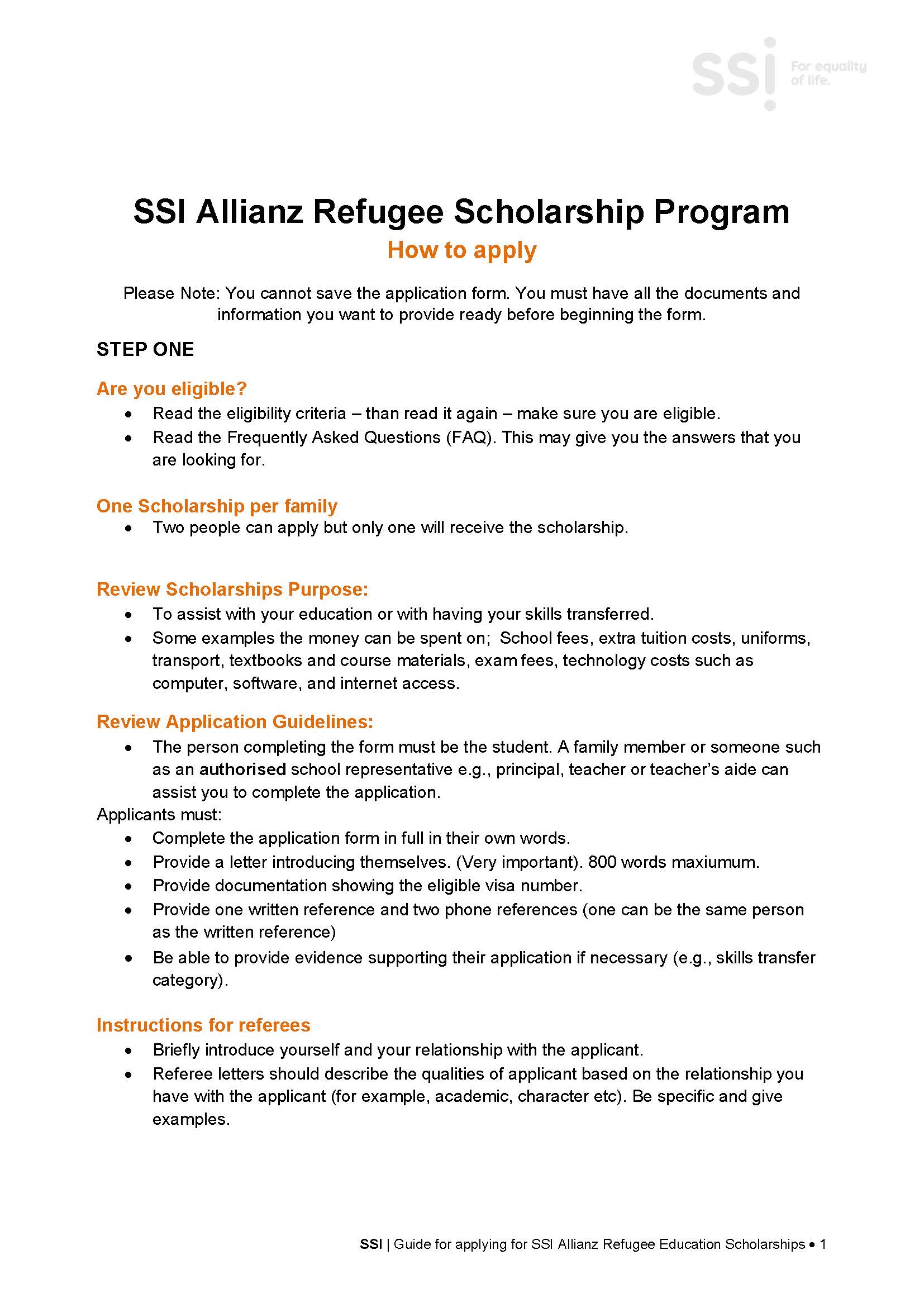
Outlines the purpose of the SSI Allianz Refugee Scholarship program, eligibility criteria, application process, required documents, and application questions for various categories of applicants.
More about SSI Scholarships
In 2026, the SSI Allianz Refugee Education Scholarships will provide financial support across a range of study pathways, helping students from refugee backgrounds reach their education and career goals:
– 10 x Secondary School Scholarships – $500 each (total $5,000)
– 8 x Vocational Education & Training (VET) Scholarships – $2,000 each (total $24,000)
– 6 x Skills Recognition Scholarships – $4,000 each (total $24,000)
– 8 x University Scholarships – $4,000 each (total $32,000)
University scholarships will be awarded within two streams:
General Stream: open to all fields of study and career pathways
Resilience Stream: for applicants pursuing careers that promote environmental or social resilience
The number of university scholarships in each stream will be determined based on applications received.
Persecution, war, political instability and displacement are all factors that lead individuals and families to leave their homes to seek permanent protection elsewhere, including Australia. Refugees who come to Australia face many challenges during settlement, such as financial hardship, dealing with experiences of torture and trauma, and family separation.
Australia is a nation built on immigration. We have a long history of providing safe asylum to refugees, many of whom have gone on to make great civil, social and economic contributions to Australian society.
SSI and Allianz aim to continue that tradition by providing targeted scholarships to those who are most in need and willing to overcome social and economic challenges.
In response to the various needs of refugee communities, SSI and Allianz offer scholarships to individuals across a range of education categories, including secondary, vocational education and training, university, and skills qualification and recognition.
To be successful for support, applicants must:
– Be from a refugee or asylum seeker background on the listed visa numbers: 117, 200, 201, 202, 203, 204, 449, 786, 790, 842, 851, 866. Applicants on bridging, SHEV 790 or TPV 785 are also eligible to apply but must consider individual circumstances regarding visa obligations and any potential impact to other sources of income.
– Have been living in Australia for five years or less, (from and including 2020). The five-year country entry limit does not apply to 851, bridging, TPV 785 or SHEV 790 visas holders
– Reside and study in NSW, QLD or VIC.
– Meet eligibility criteria specific to each scholarship category (see application forms for more details).
– Not have previously received an SSI Allianz scholarship.
*No more than one scholarship will be awarded in each immediate family in the same household per year.
*People living with disability that meet the criteria are encouraged to apply.
No, scholarships are open to those mentioned above. If you are unsure, please contact
scholarships@ssi.org.au
Yes, you are eligible to apply but due to the variable and changing visa requirements we advise applicants to consider the scholarships one off payment’s potential, to impact any existing payments as well as any reporting obligations you may have, particularly regarding full-time study.
The websites below may assist but it is advised to speak to an expert to understand any impact to your individual circumstance.
https://immi.homeaffairs.gov.au/visas/getting-a-visa/visa-listing
https://www.servicesaustralia.gov.au/individuals/topics/income/30376#a4 https://www.refugeecouncil.org.au/special-benefit-income-support-tpv-shev-holders/
Please see the key dates listed on this webpage for details on application opening, closing and announcements.
We have no restrictions on you receiving scholarships from other providers but we do advise that
you to check the other scholarship provider’s restrictions.
You will find a document on this webpage called ‘Alternatives to SSI Allianz Scholarships’ that lists other scholarship and education opportunities that you can explore.
Multiple members of a family household are invited to apply in the same academic year; however, no more than one scholarship will be granted per immediate family household in a single academic year.
The scholarship applications are only available in English and must be completed in English.
You can receive assistance, but the application answers must be the applicant’s own words. Applications may also be submitted by an authorised representative (e.g., Teacher or Case Manager).
No, however documentation will be requested to demonstrate your effort in gaining skills and qualification recognition. It will be assessed by the Review Committee.
No, SSI employees are not eligible for the scholarships.
No. These scholarships are only for applicants living and studying in NSW, VIC, or QLD. Please the see the ‘Alternatives to SSI scholarship’ on this webpage.
No, you must be living in NSW, QLD or Victoria at the time the application is received.
No, you must be studying in the 2026 academic year.
No late submission will be accepted for any reason.
It is strongly encouraged that all successful recipients attend the ceremony. It is also strongly encouraged that you invite your family, friends, and referees to help celebrate your achievement. Most importantly this is a chance to celebrate your success and to thank those that made your scholarship possible.
New South Wales and ACT
Australian Catholic University (ACU): https://www.acu.edu.au/study-at-acu/fees-and-scholarships/scholarships
ACU Refugee Scholarship: https://www.acu.edu.au/study-at-acu/fees-and-scholarships/find-a-scholarship/acu-refugee-scholarship
ANU Humanitarian Scholarship: https://study.anu.edu.au/scholarships/find-scholarship/anu-humanitarian-scholarship
ANU: Ben Williams Student Support Grant: https://study.anu.edu.au/scholarships/find-scholarship/ben-williams-student-support-grant
Australian National University (ANU): https://study.anu.edu.au/scholarships/find-scholarship
Charles Sturt University (CSU): https://study.csu.edu.au/apply/scholarships-grants
CSU Refugee and Asylum Seeker Scholarship https://www.csu.edu.au/scholarships/scholarships-grants/find-scholarship/foundation/any-year/csu-refugee-and-asylum-seeker-scholarship
Macquarie University (MQ): https://www.mq.edu.au/study/admissions-and-entry/scholarships
MQ: Asylum Seeker Fee Waiver Sponsorship: https://www.mq.edu.au/study/admissions-and-entry/scholarships/international/asylum-seeker-fee-waiver-sponsorship
MQ: The Salaam Foundation Leadership Scholarship: https://www.mq.edu.au/study/admissions-and-entry/scholarships/domestic/the-salaam-foundation-leadership-scholarship
Southern Cross University: https://www.scu.edu.au/scholarships/find-a-scholarship/
University of Canberra (UC): https://www.canberra.edu.au/scholarships/
UC Foundation Scholarship for Refugee Students: https://www.canberra.edu.au/scholarship/uc-foundation-refugee
University of New England (UNE): https://www.une.edu.au/scholarships
University of New South Wales (UNSW): https://www.scholarships.unsw.edu.au/
UNSW Sanctuary Scholarship for People Seeking Asylum and Refugees with Temporary Protection: https://www.scholarships.unsw.edu.au/scholarships/id/1583
UNSW Scholarships for Asylum Seekers and Refugee Students: https://www.scholarships.unsw.edu.au/scholarships/id/1897
University of Newcastle: https://www.newcastle.edu.au/scholarships
University of Newcastle Scholarship for Asylum Seekers Program: https://www.newcastle.edu.au/research/centre/ceehe/university-programs/the-university-of-newcastles-scholarship-for-asylum-seekers-program
University of Sydney (USYD): https://www.sydney.edu.au/scholarships/
USYD: The Gregg Humanitarian Scholarship for Asylum Seekers and Refugees: https://www.sydney.edu.au/scholarships/e/the-gregg-humanitarian-scholarship-for-asylum-seekers-and-refuge.html
USYD Humanitarian High Achiever Scholarship: https://www.sydney.edu.au/scholarships/e/the-humanitarian-high-achiever-scholarship.html
University of Technology (UTS): https://www.uts.edu.au/for-students/admissions-entry/scholarships
UTS Humanitarian Scholarship Program: https://www.uts.edu.au/about/uts-vision/initiatives/social-justice-uts/uts-humanitarian-scholarship-program
University of Wollongong (UoW): https://www.uow.edu.au/study/scholarships/
UoW Humanitarian Scholarship: https://www.uow.edu.au/study/scholarships/international/humanitarian-scholarship/
Victoria
Deakin University: https://www.deakin.edu.au/study/fees-and-scholarships/scholarships
Deakin Sanctuary Scholarships: https://www.deakin.edu.au/study/fees-and-scholarships/scholarships/find-a-scholarship/deakin-sanctuary-scholarships
Federation University Australia: https://federation.edu.au/scholarships
Federation University Asylum Seeker / Refugee Scholarship: https://federation.edu.au/scholarships/find-a-scholarship/foundation/refugee-scholarship
La Trobe University: https://www.latrobe.edu.au/study/scholarships
La Trobe Humanitarian Scholarship: https://www.latrobe.edu.au/study/scholarships/other/la-trobe-humanitarian-scholarship
Monash University: https://www.monash.edu/study/fees-scholarships/scholarships
Monash Humanitarian Scholarship: https://www.monash.edu/study/fees-scholarships/scholarships/find-a-scholarship/monash-humanitarian-scholarship-7004
RMIT University: https://www.rmit.edu.au/students/careers-opportunities/scholarships
RMIT Study Opportunities for People Seeking Asylum: https://www.rmit.edu.au/study-with-us/applying-to-rmit/local-student-applications/application-methods/study-opportunities-for-people-seeking-asylum
RMIT: Sam and Nina Narodowski Asylum Seeker Scholarships: https://www.rmit.edu.au/students/careers-opportunities/scholarships/coursework/rmit-welcome
RMIT Humanitarian Visa Scholarship: https://www.rmit.edu.au/students/careers-opportunities/scholarships/coursework/rmit-humanitarian
Swinburne University of Technology: https://www.swinburne.edu.au/study/options/scholarships/
Swinburne University Asylum Seeker and Refugee Support: https://www.swinburne.edu.au/life-at-swinburne/student-support-services/asylum-seeker-refugee-support/
The University of Melbourne: https://scholarships.unimelb.edu.au/
The University of Melbourne Humanitarian Access Scholarship: https://scholarships.unimelb.edu.au/awards/melbourne-humanitarian-access-scholarship
The University of Melbourne: Stock Family Access Scholarship: https://scholarships.unimelb.edu.au/awards/stock-family-access-scholarship
Victoria University (VU): https://www.vu.edu.au/study-at-vu/fees-scholarships/scholarships
VU Asylum Seeker Scholarships: https://www.vu.edu.au/study-at-vu/fees-scholarships/scholarships/bachelor-degree-honours-postgraduate-scholarships/asylum-seeker-scholarships
Queensland
The University of Queensland (UQ): https://scholarships.uq.edu.au/
UQ Refugee and Humanitarian Scholarship: https://scholarships.uq.edu.au/scholarship/uq-refugee-and-humanitarian-scholarship
Queensland University of Technology (QUT): https://www.qut.edu.au/study/fees-and-scholarships/scholarships
QUT Asylum Seeker Tuition Fee Scholarship: https://www.qut.edu.au/study/fees-and-scholarships/scholarships/qut-asylum-seeker-tuition-fee-scholarship
Griffith University: https://www.griffith.edu.au/scholarships
Griffith University: Rachel Hunter Refugee Scholarship: https://www.griffith.edu.au/scholarships/scholarship-listings/rachel-hunter-refugee-scholarship
University of Southern Queensland (UniSQ)” https://www.unisq.edu.au/scholarships
Central Queensland University (CQU): https://www.cqu.edu.au/study/prepare/scholarships
University of the Sunshine Coast (UniSC): https://www.usc.edu.au/study/scholarships
UniSC Asylum Seeker Scholarship: https://www.usc.edu.au/study/scholarships/equity-scholarships/unisc-asylum-seeker-scholarship
Western Australia
Curtain University General scholarship information: https://www.curtin.edu.au/students/essentials/scholarships/
Edith Cowan University (ECU): https://www.ecu.edu.au/scholarships/overview
ECU Humanitarian Scholarship: https://www.ecu.edu.au/scholarships/details/humanitarian-scholarship
Murdoch University: https://www.murdoch.edu.au/study/scholarships
University of Notre Dame Australia: https://www.notredame.edu.au/study/fees-costs-and-scholarships/scholarships/scholarship-list
University of Western Australia: https://www.uwa.edu.au/study/fees-and-scholarships
Tasmania
University of Tasmania (UTAS)
https://www.utas.edu.au/study/scholarships-fees-and-costs/domestic-scholarships
South Australia
University of Adelaide
General scholarship information:
https://scholarships.adelaide.edu.au/
Adelaide Refugee & Humanitarian Postgraduate Coursework Scholarship
University of South Australia (UniSA)
https://i.unisa.edu.au/students/scholarships/
UniSA Refugee Grants
https://i.unisa.edu.au/students/scholarships/refugee-grants/
Flinders University
https://www.flinders.edu.au/scholarships
Torrens University Australia
https://www.torrens.edu.au/how-to-apply/fees-scholarships/scholarships
Northern Territory
Charles Darwin University (CDU)
https://www.cdu.edu.au/scholarships
Charles See Kee Scholarship
https://nt.gov.au/learning/student-financial-help-and-scholarships/charles-see-kee-scholarship
New South Wales
TAFE
https://www.tafensw.edu.au/scholarships
Service NSW: Smart and Skilled Program
https://www.service.nsw.gov.au/referral/enrol-in-the-smart-and-skilled-program
Victoria
RMIT University: Study Opportunities for People Seeking Asylum https://www.rmit.edu.au/study-with-us/applying-to-rmit/local-student-applications/application-methods/study-opportunities-for-people-seeking-asylum
Chisholm Institute: VET Funding for Asylum Seekers https://www.chisholm.edu.au/students/fees/help-with-fees/asylum-seeker-and-trafficked-persons-funding
Victorian Government: Asylum Seeker VET program
Queensland
Queensland Government: Asylum Seeker and Refugee Assistance Program https://www.dwatsipm.qld.gov.au/our-work/multicultural-affairs/programs-initiatives/funding-programs/asylum-seeker-refugee-assistance-program
Queensland Government: Support for Migrants and Refugees https://dtet.qld.gov.au/training/training-careers/support/migrants-refugees
Other scholarships
Country Education Foundation
Chief Executive Women (CEW)
https://cew.org.au/programs/scholarships#CEW-Scholarships-Progra
Open Society Grants and Fellowships
https://www.opensocietyfoundations.org/grants
Public Education Foundation
https://www.publiceducationfoundation.org.au/scholarships/
Ukrainian Scholarships
https://ukrainians.org.au/education-university-scholarships/
UNHCR Scholarship Opportunities for Refugees
https://services.unhcr.org/opportunities/
Refugee Council of Australia: Scholarships for People Seeking Asylum and Refugees https://www.refugeecouncil.org.au/scholarships/
Australia-wide
Beyond Disability: https://www.bdi.org.au/
Computerbank Victoria: https://www.computerbank.org.au/
Connecting Up: https://www.connectingup.org/about/what-we-do
Green Collect: IT & Electrical: https://greencollect.org/collections/electrical
LiteHaus International: https://litehausinternational.org/australia
One Education: https://www.one-education.org/pages/about-us
The Werx Foundation: https://werx.com.au/shop/
WorkVentures: https://workventures.com.au/low-cost-computers/
New South Wales organisations
Asylum Seeker Centre: https://asylumseekerscentre.org.au/
Brotherhood of St Laurence: https://www.bsl.org.au/
Cool Australia: https://cool.org/
Education NSW: https://education.nsw.gov.au/
House of Welcome: https://www.houseofwelcome.org.au/
Jesuit Refugee Service: https://jrs.net/en/home/
Multicultural NSW: https://multicultural.nsw.gov.au/
Red Cross: https://www.redcross.org.au/
Salvation Army: https://www.salvationarmy.org.au/
Scarf Support: https://www.scarfcommunity.org/
STARTTS: https://www.startts.org.au/
SydWest: https://sydwestms.org.au/
The Smith Family: https://www.thesmithfamily.com.au/
UNHCR Australia: https://www.unrefugees.org.au/about-us/#
Water Well Project: https://www.thewaterwellproject.org/
Victoria organisations
Asylum Seeker Resource Centre: https://asrc.org.au/
Eastern Emergency Relief Network: https://easternemergency.org.au/
Edmund Rice Community & Refugee Services: https://ercs.org.au/
Enable IT Recycling: https://www.enableaustralia.org.au/it-recycling
Foundation House: https://www.foundationhouse.net.au/
The Bridge: https://thebridgeinc.org.au/
Queensland organisations
ARMIA: https://armia.com.au/home
BRASS Network: https://www.facebook.com/brassnetwork/
Centacare FNQ: https://www.centacarefnq.org/
Ethnic Communities Council of QLD: https://eccq.com.au/
Inala Community House: https://ich.org.au/
Mercy Community: https://mercycommunity.org.au/
Multicultural Australia: https://www.multiculturalaustralia.org.au/
Multilink: https://multilink.org.au/
Pushing Barriers: https://pushingbarriers.org/
QPASTT – Torture & Trauma Survivors: https://qpastt.org.au/
QPASTT Homework Club: https://qpastt.org.au/homework-club/
Refugee Council of Australia (QLD services): https://www.refugeecouncil.org.au/services-qld/
Refugee Health Network QLD: https://www.refugeehealthnetworkqld.org.au/
Refugee Connect: https://refugeeconnect.org.au/other-resources/
Refugee Tutoring Club (UQ): https://www.uqrtc.org/
Romero Centre: https://romerocentre.org.au/
St Vincent de Paul (nationwide): https://www.vinnies.org.au/
Townsville Multicultural Support Group: https://www.tmsg.org.au/
Get in touch
NSW, QLD, VIC
For more information, please contact our Scholarships team at scholarships@ssi.org.au.
About Work+Stay
Australia’s regions are in dire need of workers in a range of sectors. At the same time, many people in cities – including newcomers – are looking for employment. SSI’s Work+Stay business aims to bring the two together, helping to solve challenges for regional employers and to build stronger communities.
The program has a focus on right-fit employment and lifestyle solutions for newcomers considering relocation, and the right long-term workforce for employers in the regions.
How we help



Get in touch
Find out more on the Work+Stay website.
About the Youth Collective
Young people from multicultural, migrant and refugee backgrounds have extraordinary potential. But all too often, they face barriers along their way.
Our Youth Collective initiative brings young people together with multicultural service providers to create a platform for youth from culturally and linguistically diverse backgrounds to participate in activities that help shape service delivery planning, implementation and outcomes that impact them across education, employment and a number of other areas.
Our aim is to improve service delivery outcomes for multicultural young people in NSW through innovative and collaborative initiatives. By participating in this initiative, young people have the opportunity to build their confidence, resilience and leadership skills.
The program includes the NSW Settlement Partnership (NSP) Youth Workers Network, a group of youth workers from across 20 settlement service providers in the NSP, which is a consortium led by SSI to deliver services to newly arrived migrants and refugees. Network members collaborate on projects, share resources and learn from each other how to successfully deliver services and support to young people. For example, we collaborated with the NSW Multicultural Health Communication Service, Primary Health Networks and Special Broadcasting Service (SBS) to co-design resources for the Multicultural Community Wellbeing campaign.
How we help


Youth representation and leadership
Youth representation and leadership are other key aspects of this initiative. Through activities such as our 20 Voices Youth Symposiums, we bring together newly arrived young people to discuss issues in youth settlement, such as education, housing, employment and health.
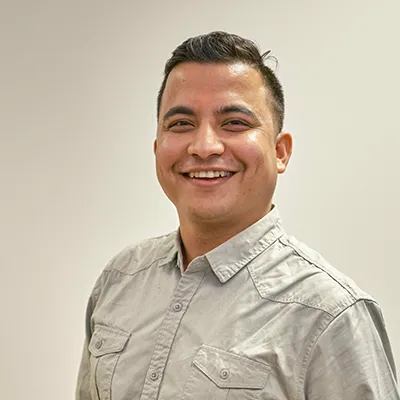
Meet our Youth Collective superstar
Subash Poudel is a social worker and advocate in the multicultural, youth and disability sectors. As an international student and migrant, he is passionate about creating a safe space for people from diverse backgrounds to feel at home in Australia and is active in his local community.
Policy and advocacy
We are committed to empowering young people to play a role in the development of policies that impact them, so we create spaces for young people to share their challenges, hopes, dreams and lived experience.
The Youth Speaks project amplifies the voices of migrant and refugee youth through conversations with young people in the community. If you are a teacher, youth worker or university student who is interested in learning more about the project, we would love to hear from you!

Watch this video featuring young people reflecting on some of the ways they coped with the challenges of the pandemic, and how it impacted their settlement journey.
Get in touch
SSI’s Youth Collective currently operates in NSW.
For more information, contact Kritika Whitaker at kwhitaker@ssi.org.au.
SSI Welcome Program
This program supports new arrivals from humanitarian backgrounds by connecting them with established locals to make them feel safe and welcome in their new home. It has encouraged cross-cultural relationships in Australian communities since 2018.
The volunteer Welcome Ambassadors come together with local newcomers to enjoy a group activity based on common interests — be it exploring iconic landmarks, or finding a scenic picnic spot to share a meal.
The program began as Welcome2Sydney (W2S), co-designed with the City of Sydney, and was then named the Welcome Project. Following its award-winning successes, it evolved into SSI’s Welcome Program to expand into areas outside of Sydney like Coffs Harbour where it launched in June 2022.


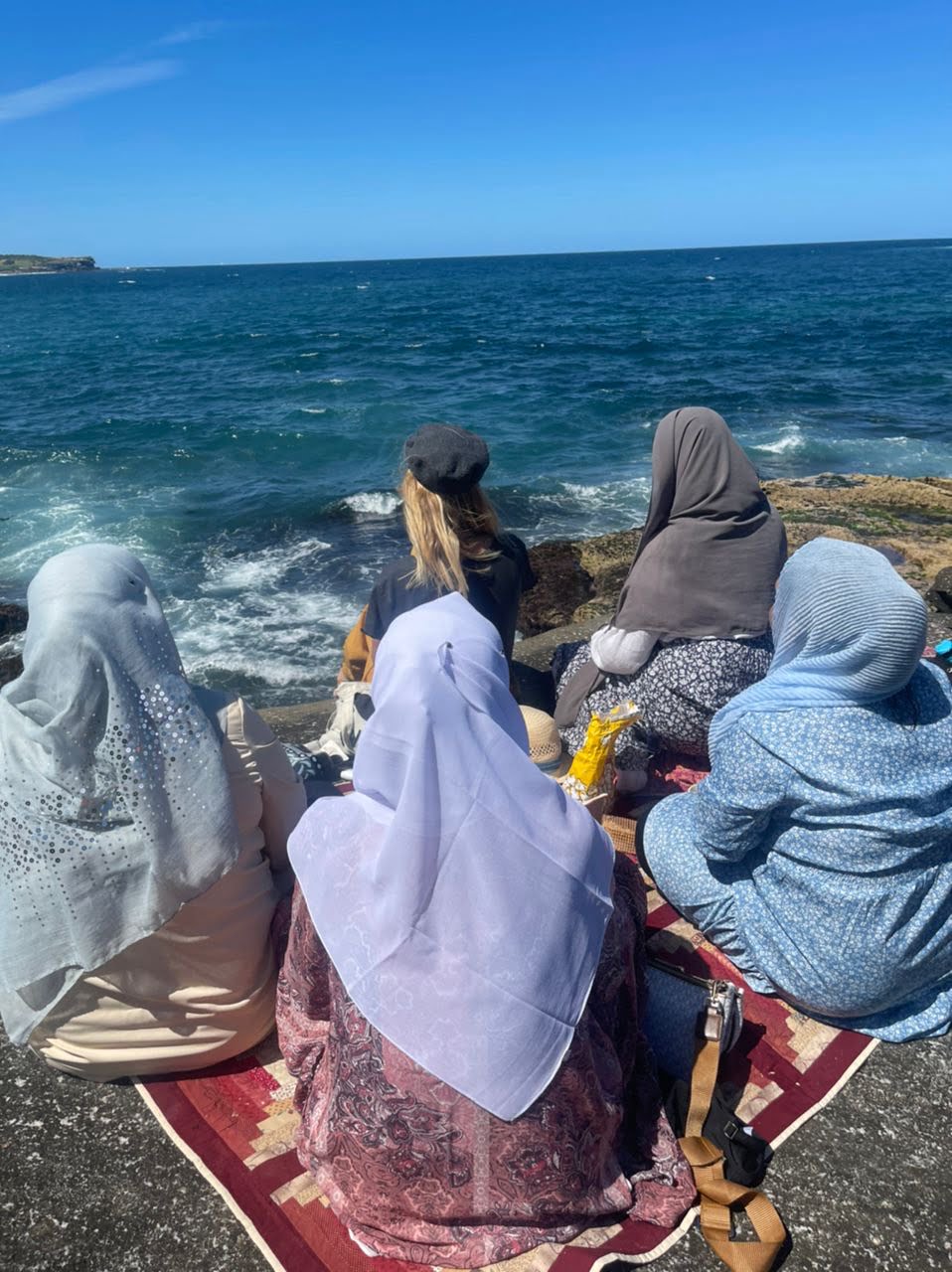
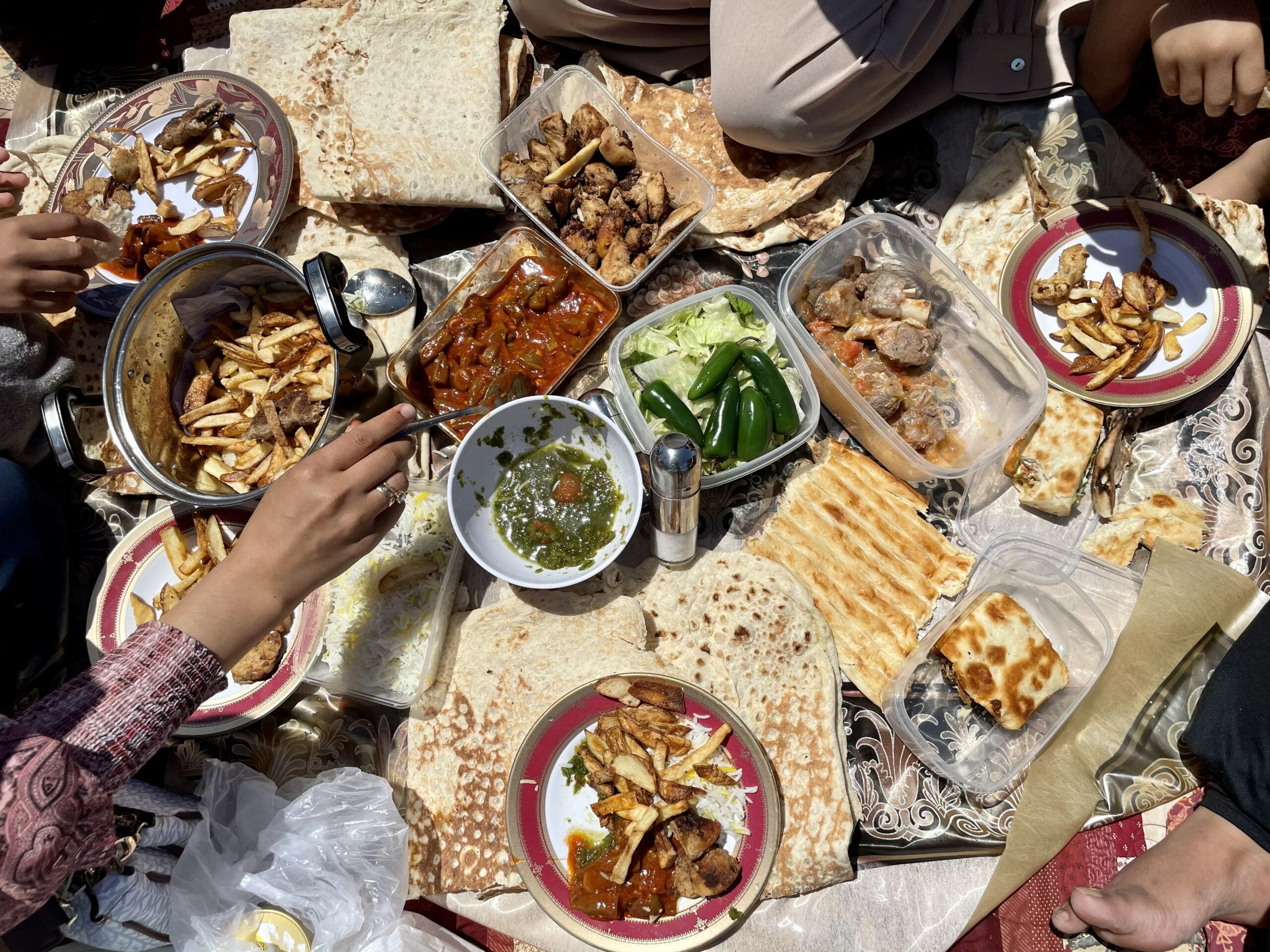
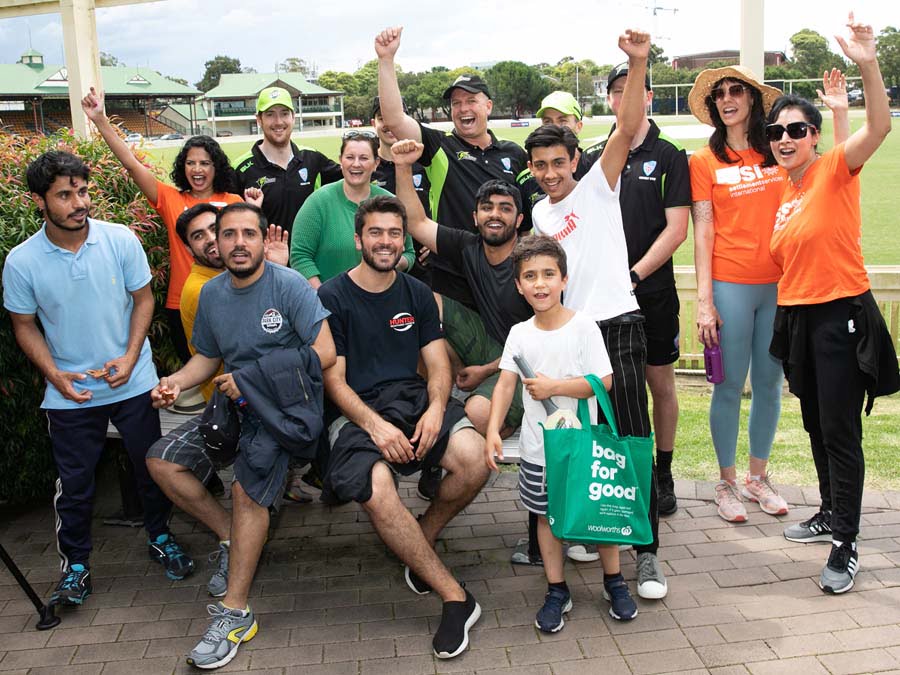
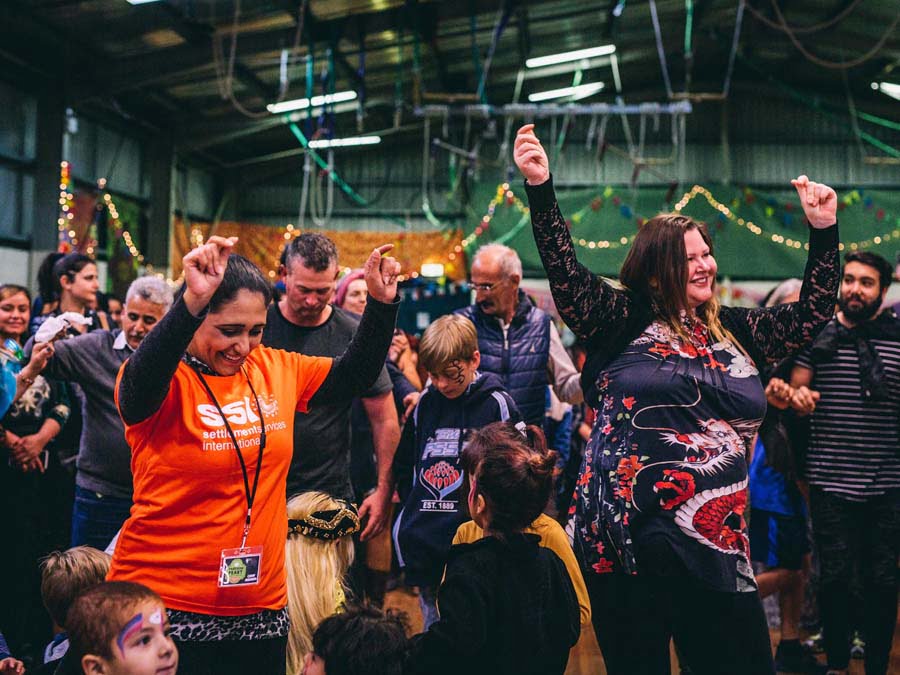
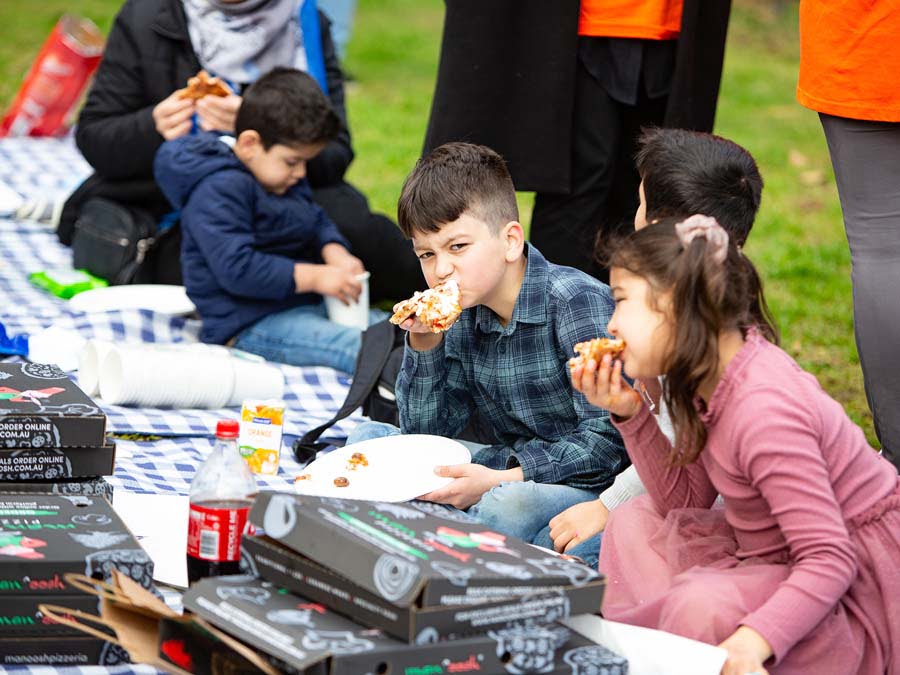
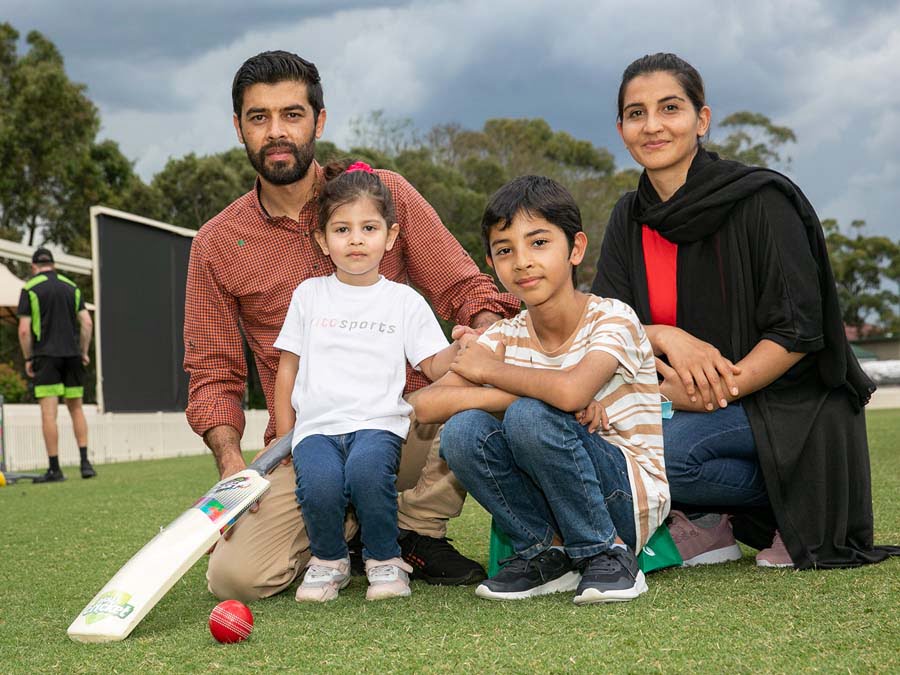
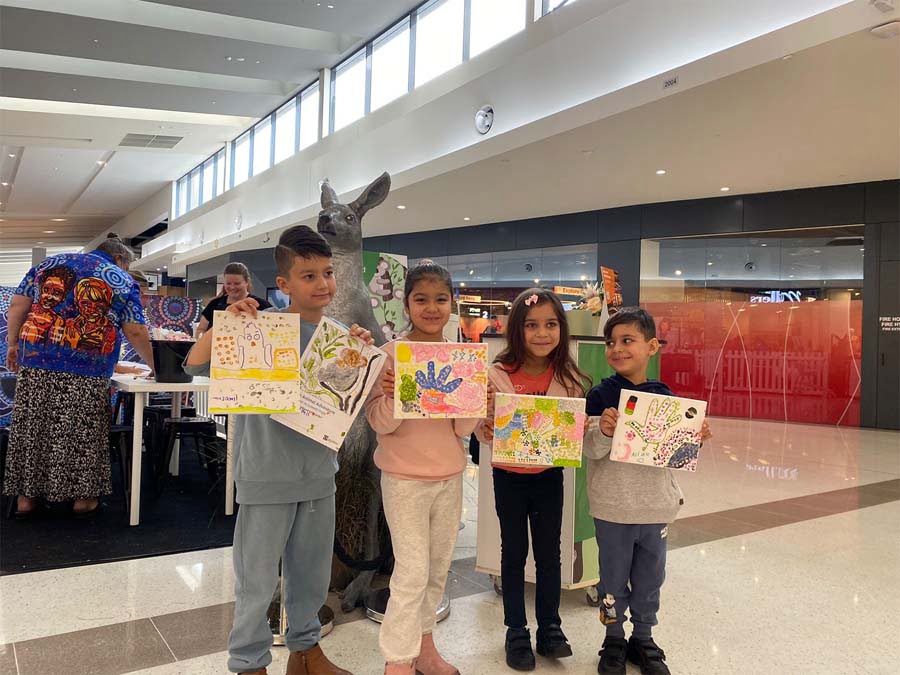
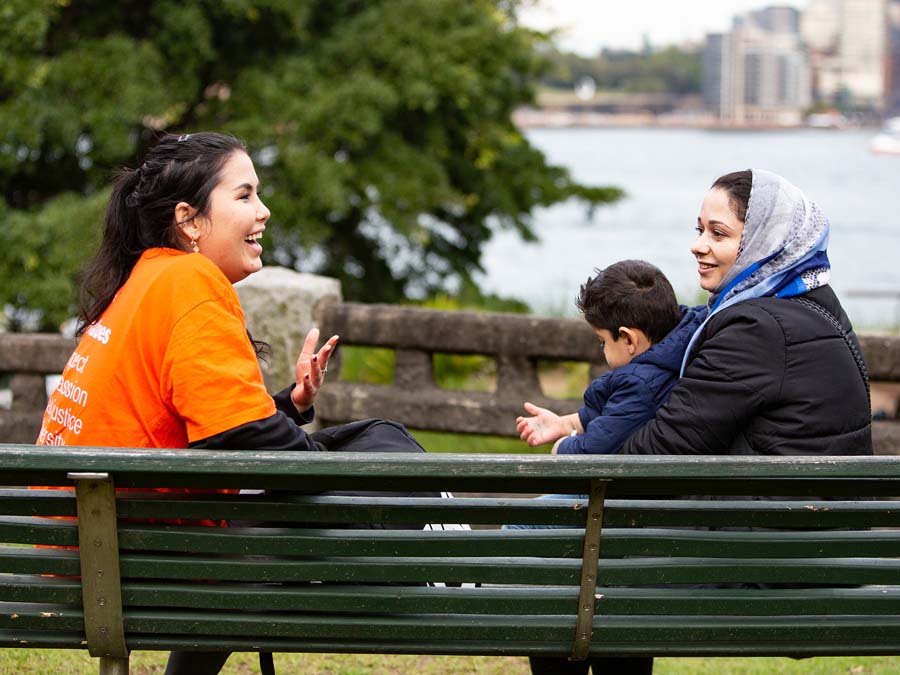
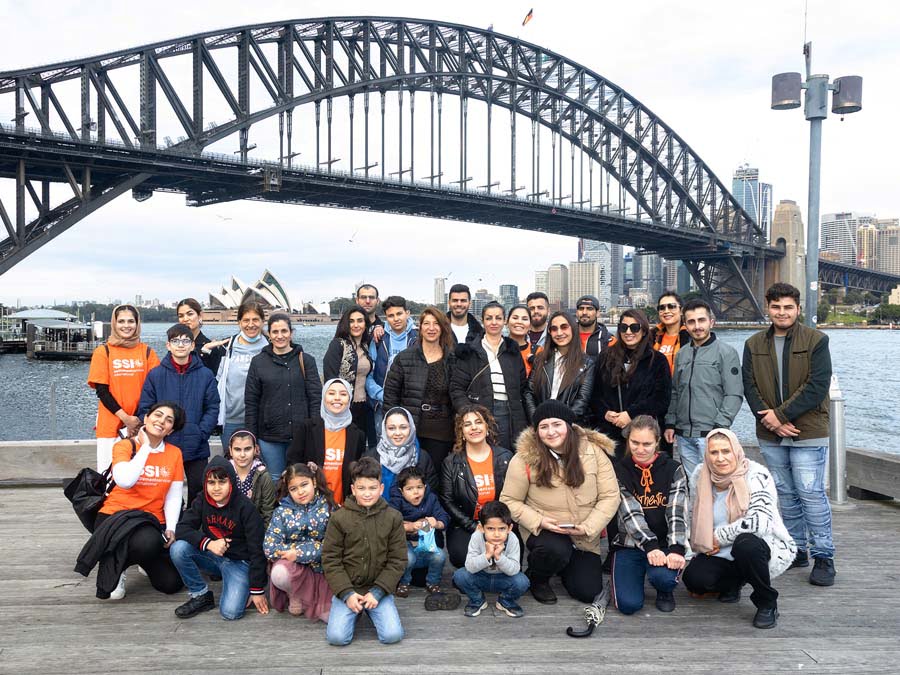
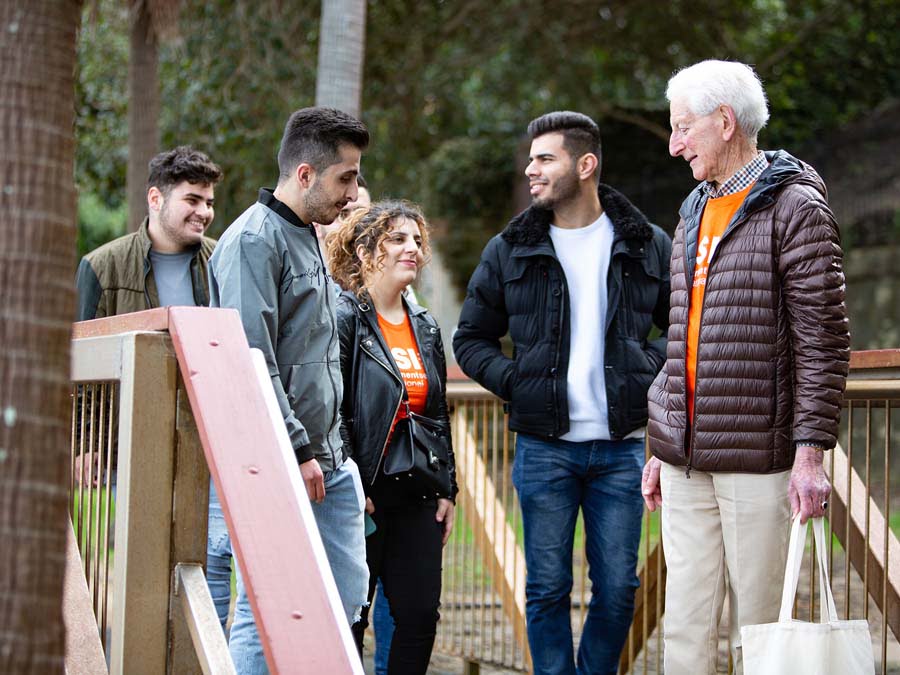
How to get involved
We run activities in Metropolitan Sydney and Coffs Harbour. Here is how to get involved:
- For newcomers from humanitarian backgrounds, join free events to meet locals or other newcomers in your area
- Individuals who want to volunteer with refugees can become Welcome Ambassadors
- Corporate teams can volunteer by hosting a welcome activity for newcomers
- Community partners can support us through connections to local activities and sites or hosting events. They include local governments, businesses, community groups and organisations and many others
Get in touch
Please email ssiwelcomeprogram@ssi.org.au to become part of SSI’s Welcome Program.
About RCNC
Bringing up children is a challenge for everyone. But raising them in a new country presents a unique set of problems and opportunities. Newcomers to Australia can experience confusion around local laws, conventions and social norms.
SSI’s Raising Children in a New Country program aims to provide parents with a better understanding of childcare at different stages of development, communication and discipline, the child protection system in Australia, and the education system. It is tailored for Tamil and Arabic-speaking parents.
No referral is required to access services. You can book the program by calling us on 02 8799 6700 or emailing us at info@ssi.org.au.
How we help



Resources
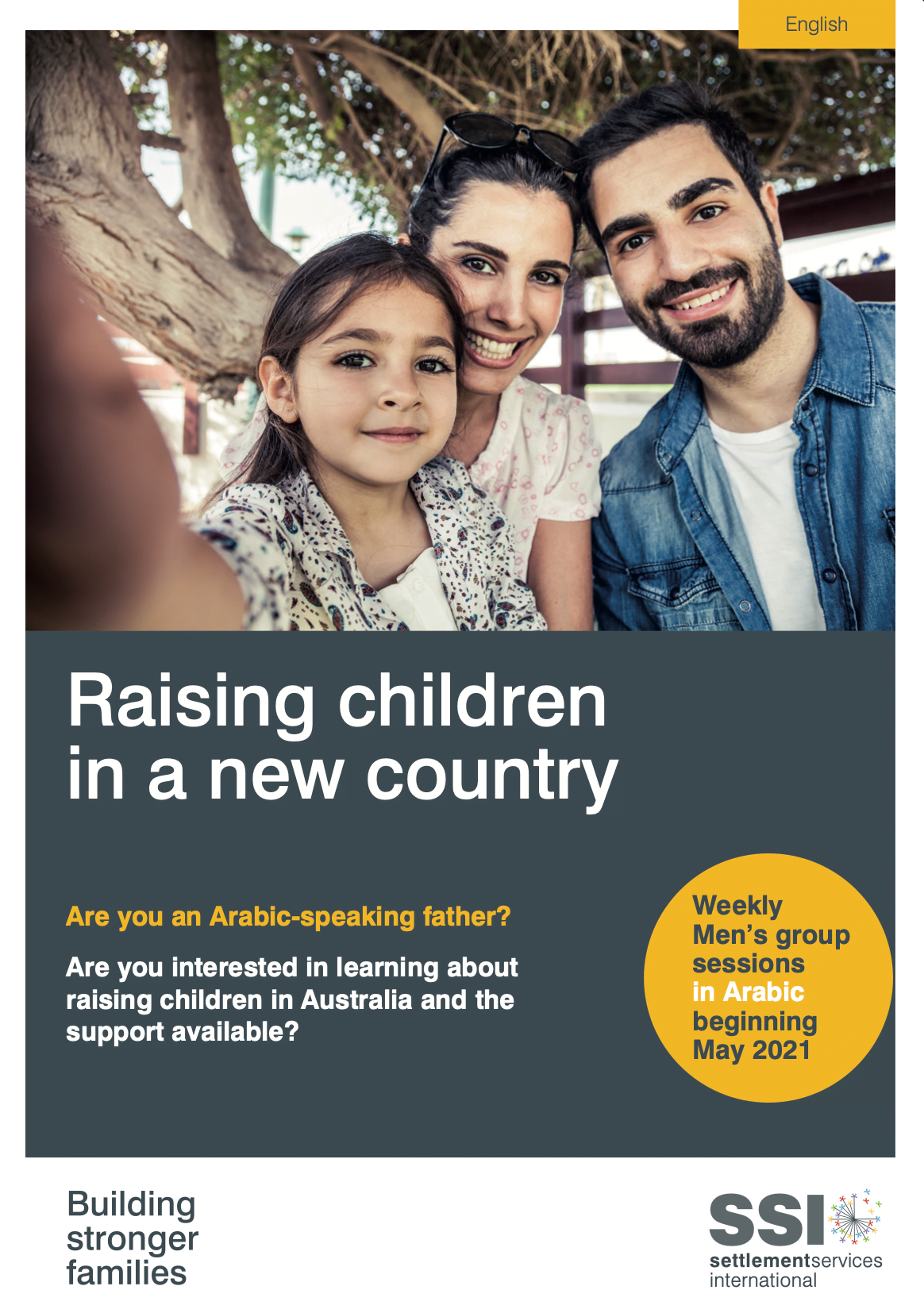
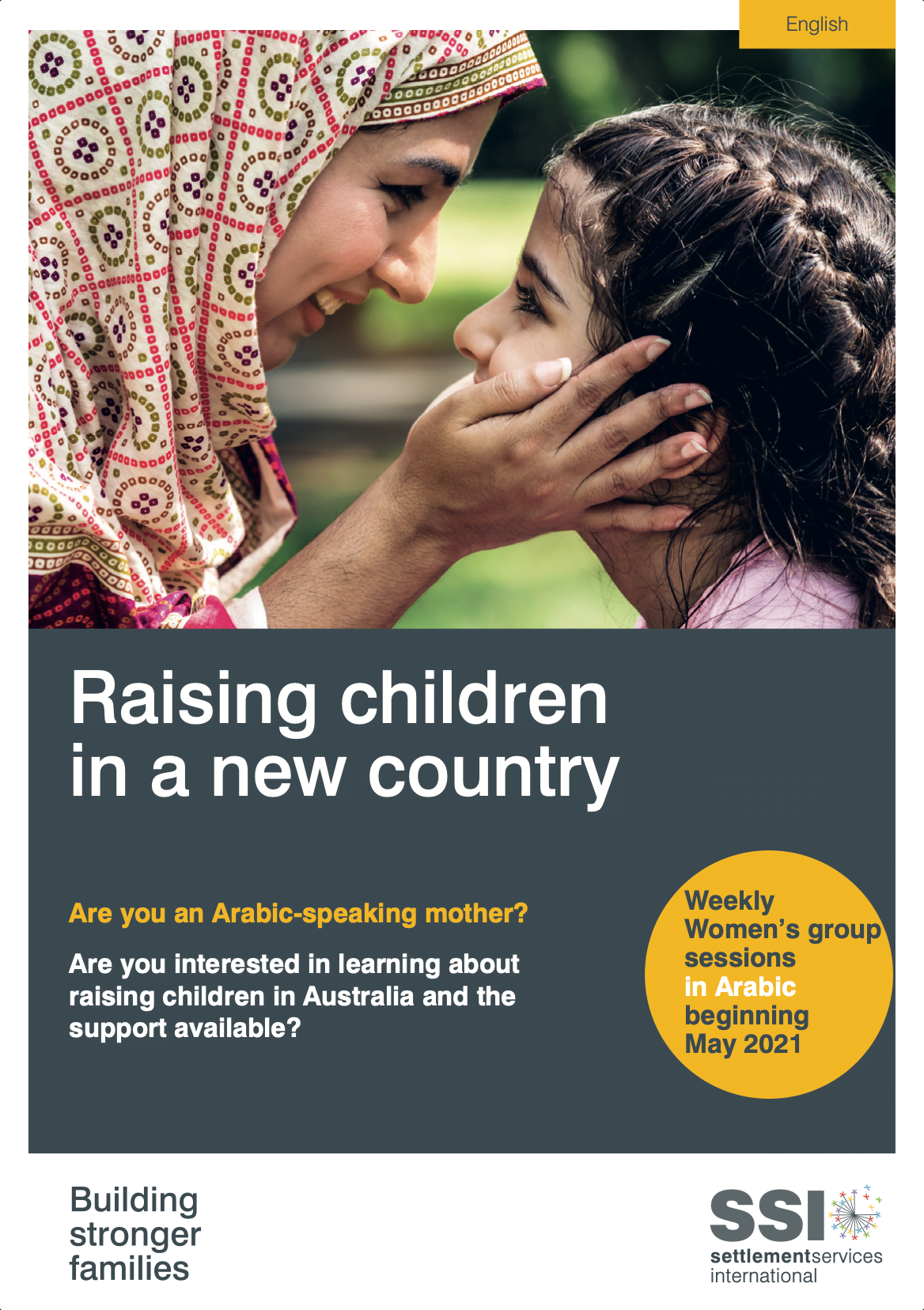
Get in touch
No referral is required to access services. You can book the program by calling us on 02 8799 6700 or emailing us at info@ssi.org.au.
About SSI Community Hubs
SSI Community Hubs brings local education, health, community, and settlement services together in a familiar and welcoming environment to make it easier for families with young children to access the services and assistance they need. The SSI Hub provides families with a sense of belonging and facilitates the development of friendships and support networks.
How we help


Find us and get in contact
SSI runs ten Hubs in NSW (Blacktown, Parramatta, Cumberland and Coffs Harbour) and ten Hubs in Queensland (Logan and Ipswich).
Each hub offers activities tailored to match the needs of the community, including early childhood support and education, English classes and vocational pathways.
Here’s where to find your nearest SSI Community Hub and how to get in touch.
Queensland
Contact our Hub Coordinator supporting hubs in Ipswich and Logan.
Maribel Marquez
communityhubs@ssi.org.au
0455 999 838
Fernbrooke State School
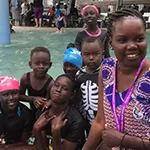
Ipswich
Queensland
Kruger State School
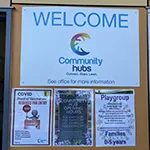
Ipswich
Queensland
Riverview State School
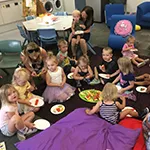
Ipswich
Queensland
Springfield Lakes State School
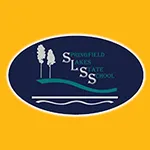
Ipswich
Queensland
Staines Memorial College
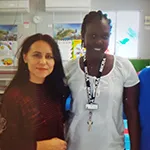
Ipswich
Queensland
Marsden State School
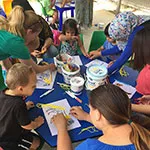
Logan
Queensland
St Francis College

Logan
Queensland
St Paul’s Catholic Primary School
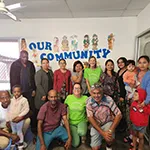
Logan
Queensland
Woodridge North State School
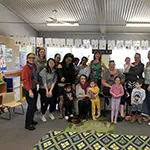
Logan
Queensland
Woodridge State School
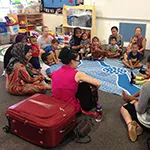
Logan
Queensland
Western Sydney
Contact our Hub Coordinator supporting our hubs in Parramatta, Cumberland and Blacktown.
Asami Iwasaki
communityhubs@ssi.org.au
0403 306 624
Parramatta West Public School
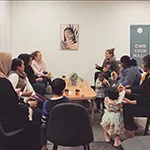
Parramatta
New South Wales
Rydalmere Public School

Parramatta
New South Wales
Granville Public School
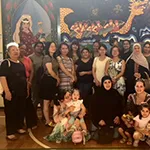
Cumberland
New South Wales
Hilltop Road Public School
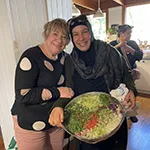
Cumberland
New South Wales
Westmead Public School
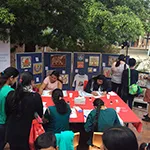
Cumberland
New South Wales
Bert Oldfield Public School
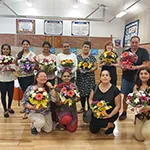
Blacktown
New South Wales
Kings Langley Public School
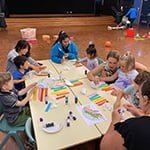
Blacktown
New South Wales
Coffs Harbour
Contact our Hub Coordinator supporting our hubs in Coffs Harbour.
Lisa Steward
communityhubs@ssi.org.au
0423 796 035
Narranga Public State School
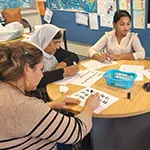
Coffs Harbour
New South Wales
Tyalla Public School
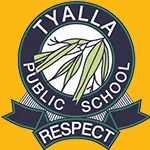
Coffs Harbour
New South Wales
William Bayldon Public School
